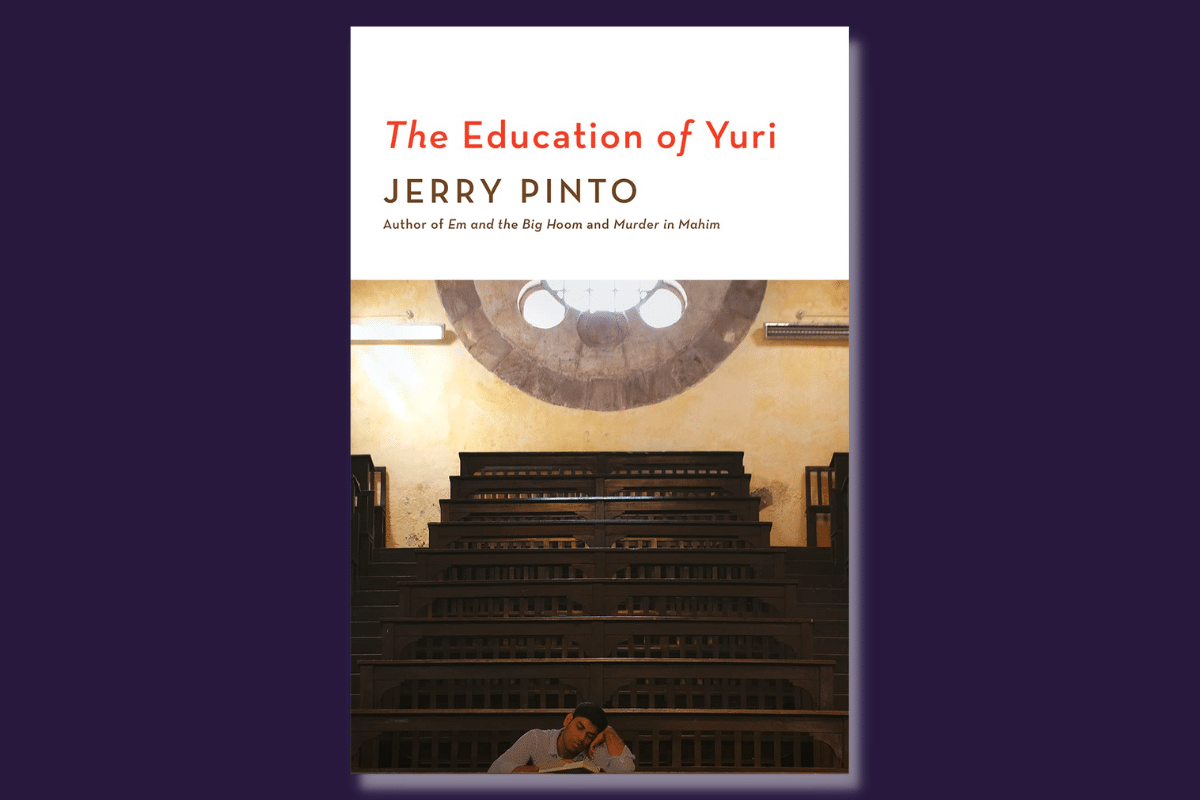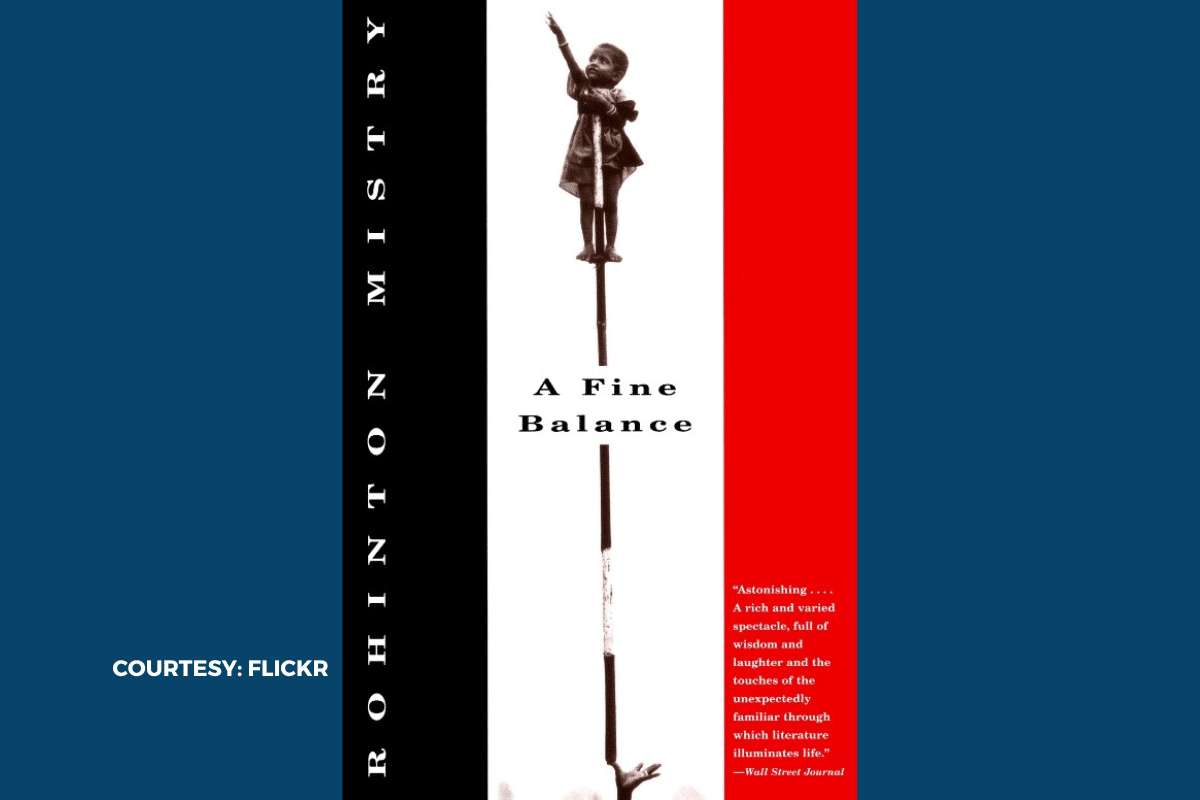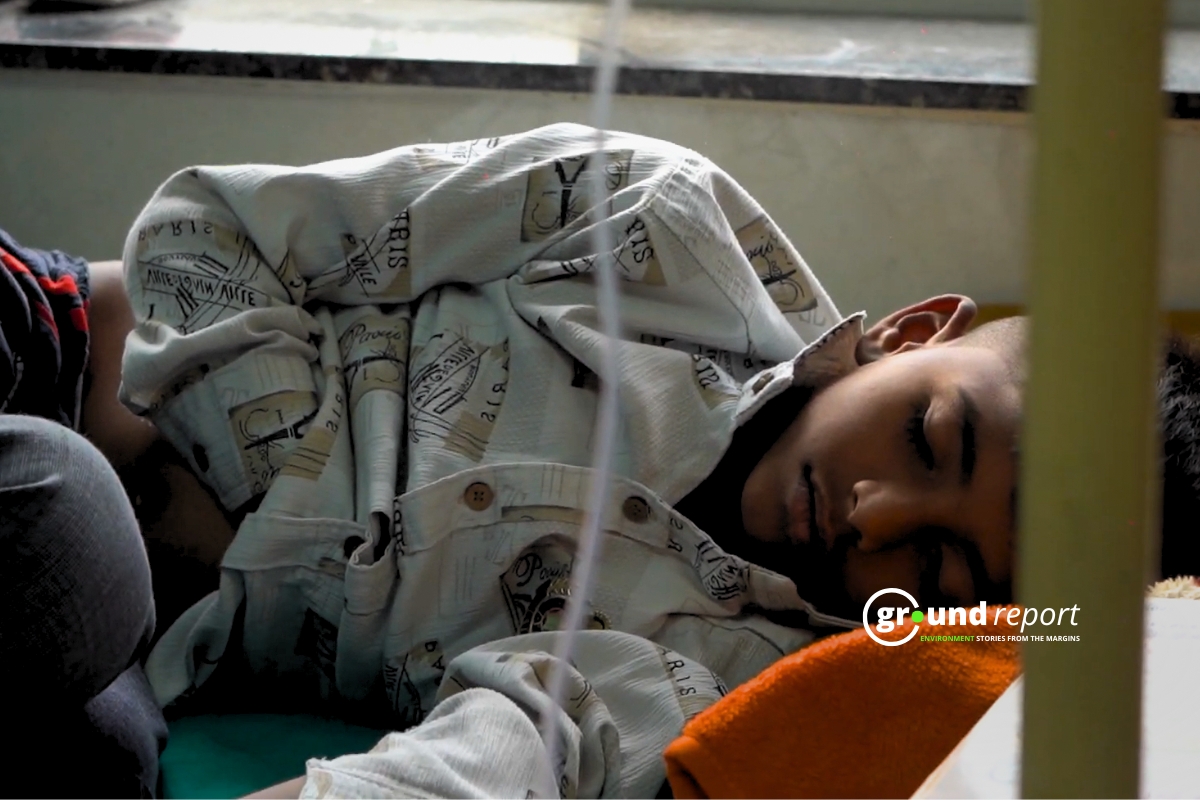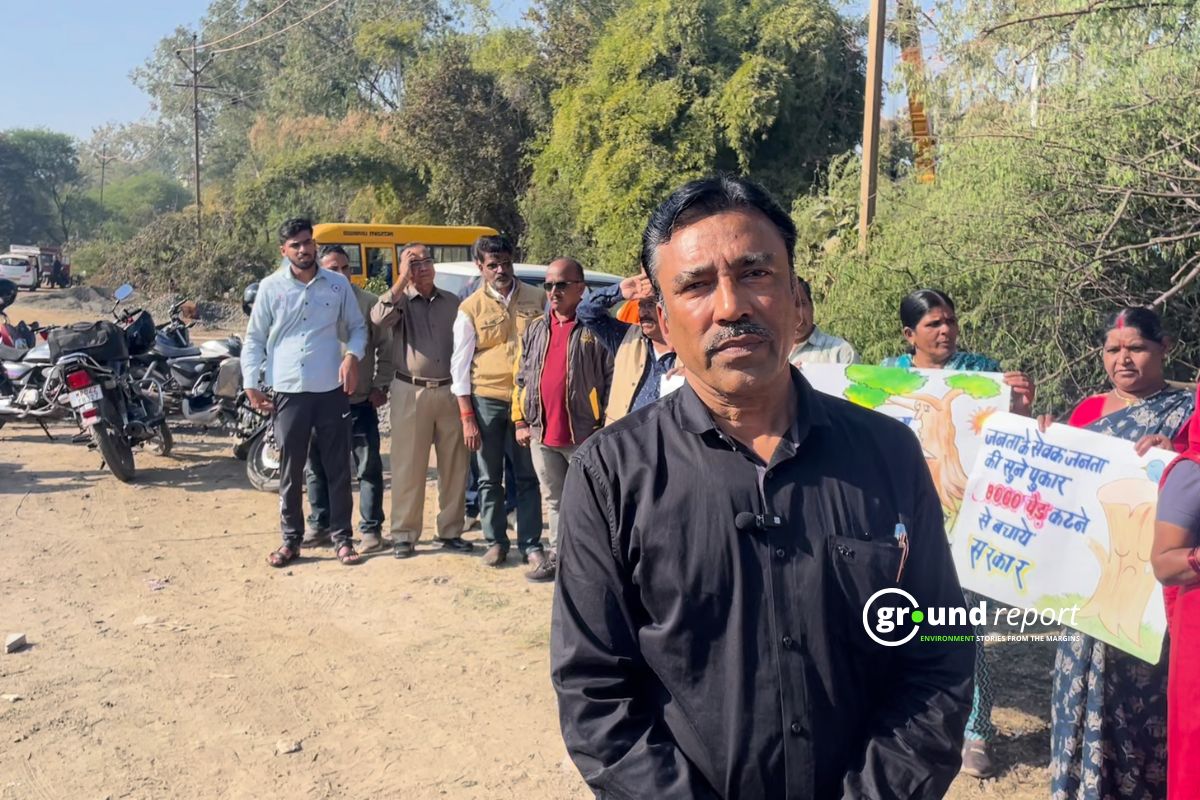‘Where does one belong’ is a constant search in the transitional phase between childhood, and adulthood. Here, our protagonist ‘Yuri’ has a similar question. He grew up in humble circumstances, after an extraordinary tragedy– the death of his parents– as an infant. Tio Julio, his uncle, raised him. His uncle has given Yuri the independence which is required to experience things, in a way. In Bombay of 1980s, Yuri Fonseca from Mahim deals with love, politics and life. These things in a sense shape us, particularly the political ideas. There is a quote attributed to George Bernard Shaw, “If at age 20 you are not a Communist then you have no heart. If at age 30 you are not a Capitalist then you have no brains.” sort off sums up this transition.
This is not an exceptional book, but, it stays with you immensely. I loved Pinto’s previous book Em and The Big Hoom. That particular one made a deep impression on me. The simplicity of the writing stays here too. Here, I should point out, this is a very bombay-Mumbai novel. If you’re from that city, you’d enjoy it immensely. However, if you’re not from the city there might be some dilution in your experience. Everything is very rooted in Bombay social, and cultural ethos. This is not the best novel you would read about Bombay. Books like A Fine Balance, Midnights Children, are far superior. But, this novel presents a very particular Bombay-college niche, and in a way keeps you in the lives in these evolving pupils.
“He had never thought about it but the feeling of not being in the right place, not being the right shape, not being the right anything, had followed him all his life.”
The novel is an interesting inquiry of how one becomes a poet/writer, or starts thinking like one. The passages where Yuri is exploring/discovering his inner poets are very remarkarly written. His thoughts are interwoven with what he is producing, and how these thoughts are coming out him and phrasing themselves into a prose, or stances, or a poem.
In the attempt to be critical, why do we become so dismissive of the auteur’s creative pursuits? Sometimes, I do think just appreciating something’s work doesn’t come in the ambit of being critical or being a critic. Isn’t this something which we learn as kids– critic is negative? That’s where possibly you enjoy Tio Julio’s stance. There is a point in the narrative where Yuri gets tired of his freedom and wants Tio to tell him what to do, so that can simplify his life a bit. Through this, Tio teaches Yuri a positive, and liberal outlook towards small things. And yet, Yuri doesn’t know where he belongs. There is a confrontational conversation that Yuri has with his first friend at Junior college about the misunderstanding of where does he actually belong. Another point about the book, so many times in the book you can sense sadness or some tragedy. However, it never happens, except the one time. Even with that, the book ends on such a hopeful note. And, that hope sort of lingers throughout the book regardless of how tragic/sad the circumstances are.
‘We are born alone and we die alone. In between we reach other people. But loneliness seemed to be his natural habitat.’
Keshava Guha’s book review on Scroll quite comprehensively captures what goes wrong with the book in parts. I have mentioned a few things here, but read that article for more.
Keep reading
- Three female authors, three countries, one daunting factor of gender
- Book Review: TALES OF HAZARIBAGH by Mihir Vatsa
- Read the ‘A Suitable Boy’ by Vikram Seth, don’t watch the Netflix series!
- The Enchantress of Florence by Salman Rushdie
- ‘The Missionary Position: When Hitchens investigated Mother Teresa
- Latitudes of Longing by Shubhangi Swarup
Follow Ground Report for Climate Change and Under-Reported issues in India. Connect with us on Facebook, Twitter, Koo App, Instagram, Whatsapp and YouTube. Write us on GReport2018@gmail.com.










